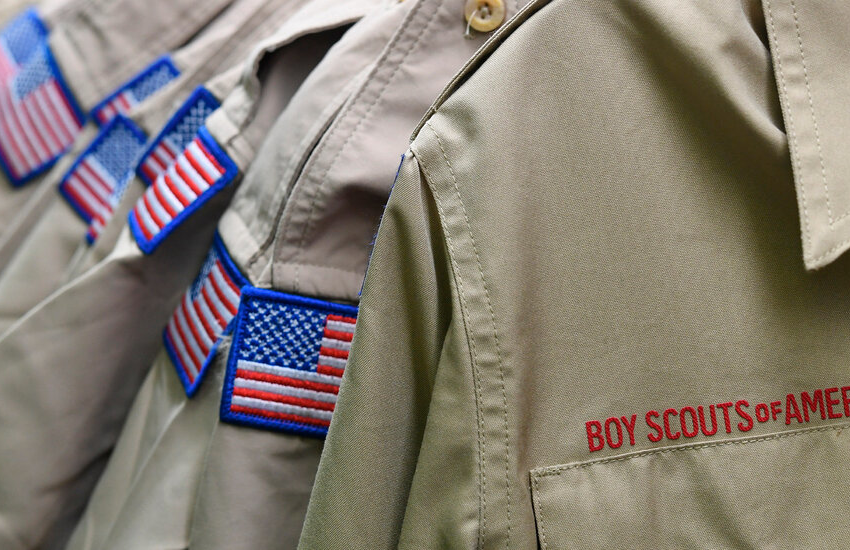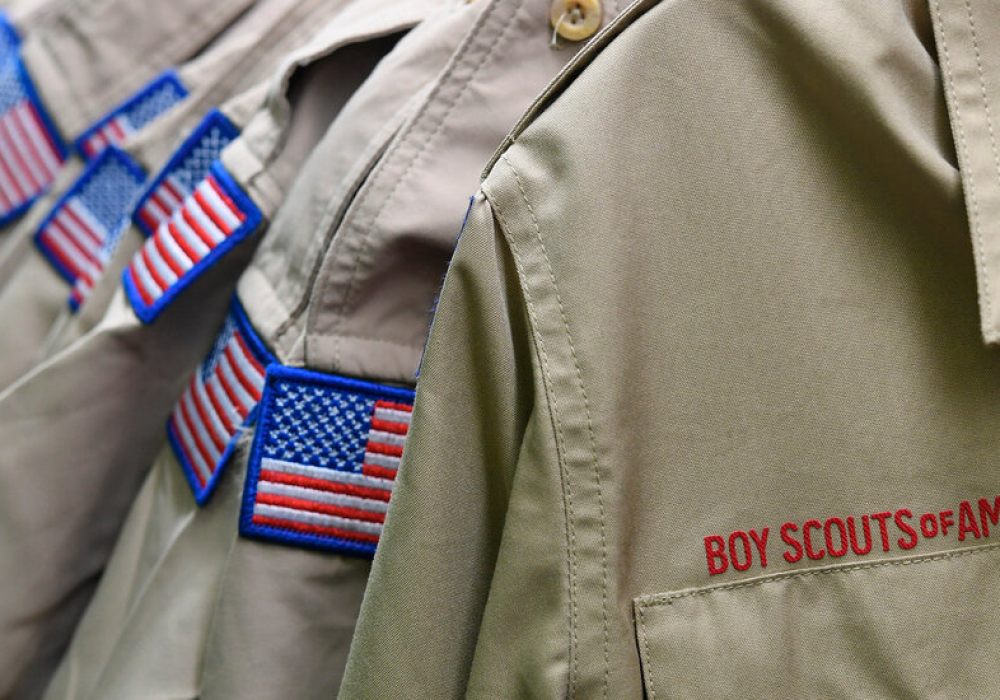A $2.7 billion plan to give the Boy Scouts of America a pathway out of bankruptcy while compensating tens of thousands of sex abuse victims was at risk of failing on Wednesday, with more than one-quarter of claimants voting to reject the plan in a preliminary tally of votes.
The Boy Scouts have been seeking support from 75 percent of victims to help the youth organization win final approval from a bankruptcy judge, but the preliminary tally showed that 73 percent of victims supported the agreement. The Boy Scouts said in a statement that they were continuing to engage in discussions to supplement the agreement and potentially win further support.
“We are encouraged by these preliminary results,” the organization said. About 54,000 people cast votes out of some 82,000 victims who came forward with sex abuse claims during the bankruptcy proceedings.
The $2.7 billion settlement plan for victims was the product of months of high-stakes negotiations, with much of the money coming from insurance companies along with more than $800 million contributed by the Boy Scouts and their wide network of local councils. The Boy Scouts are expected to put in cash, property and other assets, including a prized collection of Norman Rockwell paintings.
Doug Kennedy, a victim of Boy Scouts abuse who is co-chair of the bankruptcy’s official Tort Claimants’ Committee, said in an interview that the vote made clear survivors were not comfortable with the existing plan.
“We are going to redouble our efforts to work with the Boy Scouts, try and do what’s best for survivors and see if the Scouts and insurers are serious enough about helping them,” Mr. Kennedy said.
Tim Kosnoff, a lawyer who vehemently opposes the plan, said he believed that the vote would bring about the end of the organization. He said victims would benefit more by making all Boy Scouts assets available to them.
“I think the best thing is to liquidate this organization,” he said.
Many lawyers representing victims had endorsed the plan. The Coalition of Abused Scouts for Justice, which says it represents about 18,000 claimants, said the plan was the largest sex abuse settlement in history. The coalition has argued that the plan provided fair compensation and the fastest route to a resolution, avoiding years of litigation.
The coalition said it was also continuing to negotiate in hopes of increasing the size of the settlement plan, which would set up a program to pay out claims based on the types of abuse they detail and where the abuse occurred. Many of the claims are from decades past and beyond statutes of limitation, but some states have opened windows in recent years for victims to pursue lawsuits on older sex abuse claims, making those claims potentially more valuable.
The federal bankruptcy code allows organizations filing for bankruptcy on their own to win sufficient support to move forward with just two-thirds of voting claimants, but the Boy Scouts case has also sought to shield local councils and affiliated organizations, such as churches. Given cases that have gone through the courts and statutory standards for asbestos cases, lawyers have viewed a 75 percent vote as a critical threshold.
James Stang, a lawyer representing the Tort Claimants’ Committee, said the judge presiding over the case would have the ultimate decision and could determine that 75 percent was also insufficient for the case. (The Boy Scouts could also argue that 73 percent was sufficient.)
Mr. Stang said the committee wanted to see changes to the plan to bring better compensation, an improved plan for youth protection going forward and an independent governance of the settlement trust.
With negotiations continuing, changes to the proposal could bring opportunities for claimants to change their votes.
The Boy Scouts of America was founded in 1910 and grew with a congressionally chartered mission to enhance the values of patriotism, courage and self-reliance. The organization has said that some 130 million Americans have gone through its programs over the years.
But while the Scouts count some 2.2 million current members, that is less than half the number the organization had at its peak, in the 1970s.
The Boy Scouts have apologized for abuses and introduced reforms that they say will better protect children. In its statement on Wednesday, the organization said it was working to compensate victims and “continue the mission of Scouting.”










